How aquaculture is threatening the native fish species of Africa
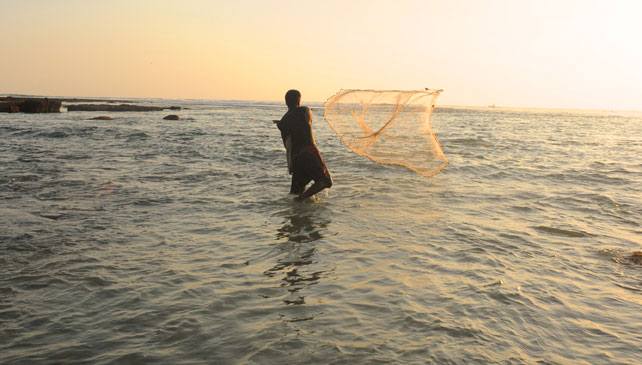
Africa has long looked to fish farming to help feed its burgeoning human population. But scientists are warning that a new aquaculture push is introducing invasive species that could devastate natural ecosystems.
Worldwide change in shallow reef ecosystems predicted as waters warm
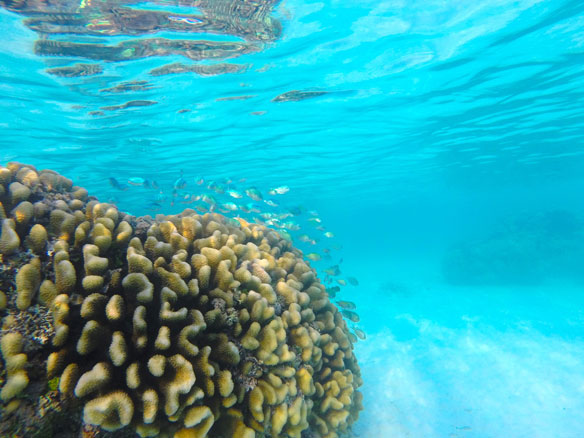
A new study based on the first global survey of marine life by scuba divers has provided fresh insights into how climate change is affecting the distribution of marine life.
Even modest oil exposure can harm coastal and marine birds
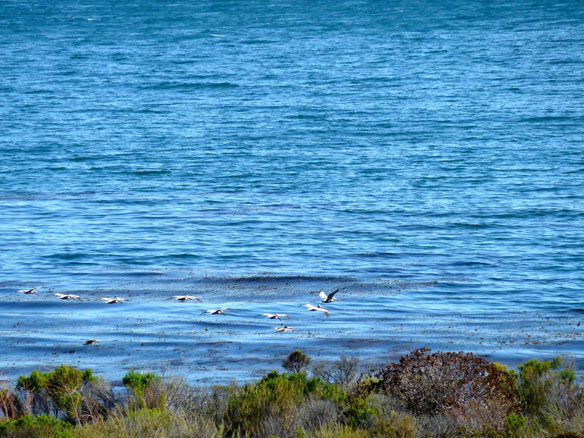
Many birds and other wildlife die following an oil spill, but there are also other potential long-terms effects of oil exposure on animals.
DON’T LET TRUMP AND PRUITT TURN ALASKAN WILDERNESS INTO WASTELAND: NRDC Petition
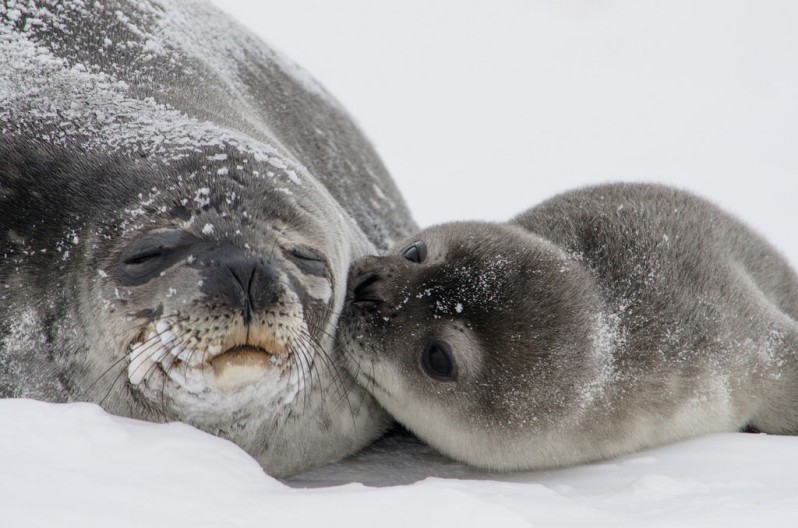
There’s a new front in President Trump’s war on our environment: Alaska’s spectacular Bristol Bay. And if we don’t stop them, the resulting pollution and environmental destruction would be a catastrophe for the wildlife and communities that call Bristol Bay home.
Official fish trade ‘hugely underestimates’ global catches
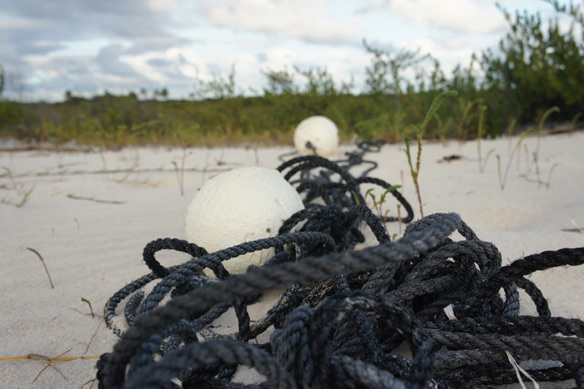
Conservation of dwindling fish stocks is being severely hampered by poor controls on global trade, according to new research.
Largest Marine Protected Area in North America Created off Mexico
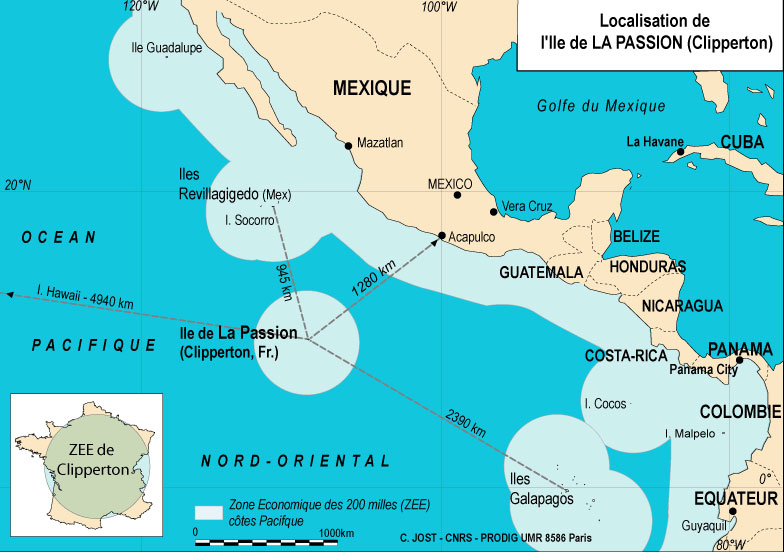
The Mexican government has announced the creation of a new marine reserve in the Pacific Ocean Thursday, the largest protected area of its kind in North America.
Walker doubles down on opposing Pebble Mine, Alaska

Governor Bill Walker is against the controversial mine and said the mine’s developers have not yet proven to him that the project can be done without harming the Bristol Bay region’s salmon fishery.
Brain damage in fish from plastic nanoparticles in water
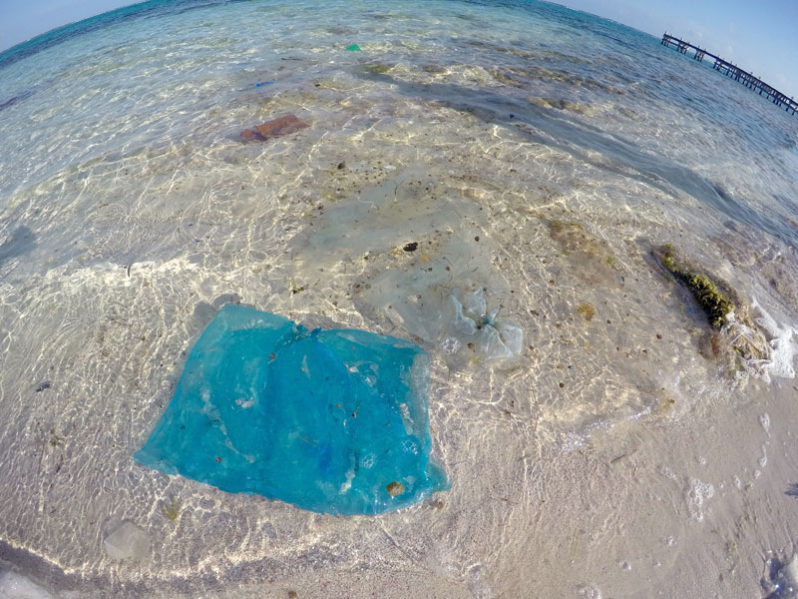
A new study shows that plastic particles in water may end up inside fish brains. The plastic can cause brain damage, which is the likely cause of behavioral disorders observed in the fish.
Mathematics predicts a sixth mass extinction
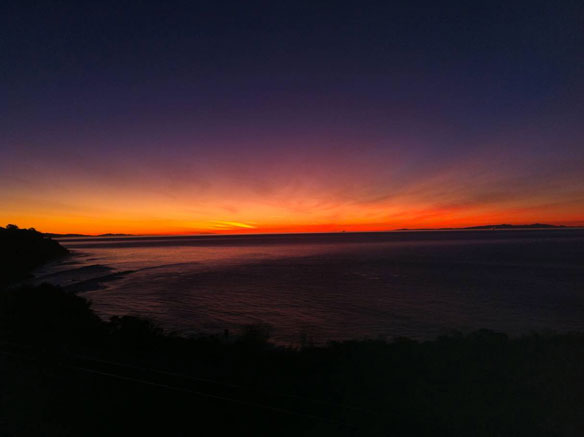
MIT scientists have analyzed significant changes in the carbon cycle over the last 540 million years, including the five mass extinction events. They have identified ‘thresholds of catastrophe’ in the carbon cycle that, if exceeded, would lead to an unstable environment, and ultimately, mass extinction.
